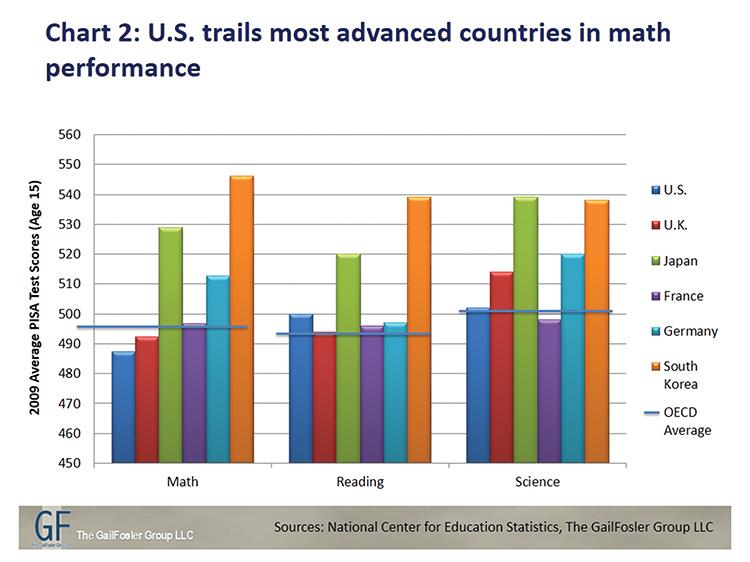Testing our memory, not our comprehension
Testing students with scantrons as opposed to short answer allows students to memorize rather than comprehend
Photo by SUBMITTED
March 10, 2015
I can still remember as a child playing the popular game “Memory” on my living room floor, cramming my brain with objects, trying to beat my record time matching similar cards.
“Memory” was a game designed not only to entertain, but also to try to improve childhood memories like mine and thousands of others.
However, a strong memory is something many can’t teach themselves, but rather something they are born with as a gift. This is why some students succeed at multiple choice tests, while others struggle.
I see essay exams as the best way for students to show what they really learned and can take away from the section of the class they are being tested on. As compared to multiple choice exams, which allow you to memorize questions and simply fill in the correct answer you worked to plant into your brain.
However, when you leave a multiple choice exam and move on to the rest of your life and daily tasks, what you crammed into your short term memory in order to succeed on your multiple choice exam is gone.
When you look at essay exams on the other hand, they allow students to broadly comprehend the information they learned in the section they are being tested on and express their own take on the answer with facts to back it up.
Wayne Camara, the College Board’s vice president of research, said “essay and free-response questions measure a student’s knowledge in more depth, which is a good thing.”
Essay exams allow students to truly show what they learned in class, as compared to a multiple choice exam which gives you answers to choose from, and if you are a good guesser without studying sometimes you can succeed.
Public education director of FairTest Robert Schaeffer said cost is important in an environment where federal and state governments are continually mandating more testing.
“Experts know (multiple choice questions) are not the best way to assess higher-order thinking skills,” Schaeffer said. “But multiple choice tests are easy to design, trial, score and revise. You often see previously used questions with components changed.”
Yes, multiple choice tests may be quicker to grade and revise for next years class, but that shouldn’t be the point for our educators today.
We should be working to find the best ways to get the most out of our country that struggles with testing when compared to other countries. I believe essay or short answer exams would directly improve our national test scores.
So yes, I don’t care what students say about multiple choice tests being easier, quicker or being a better way to test us. I care about what I am learning and if I am able to retain the information.
After all, aren’t we supposed to be taking with us what we learn in college into the workforce?

